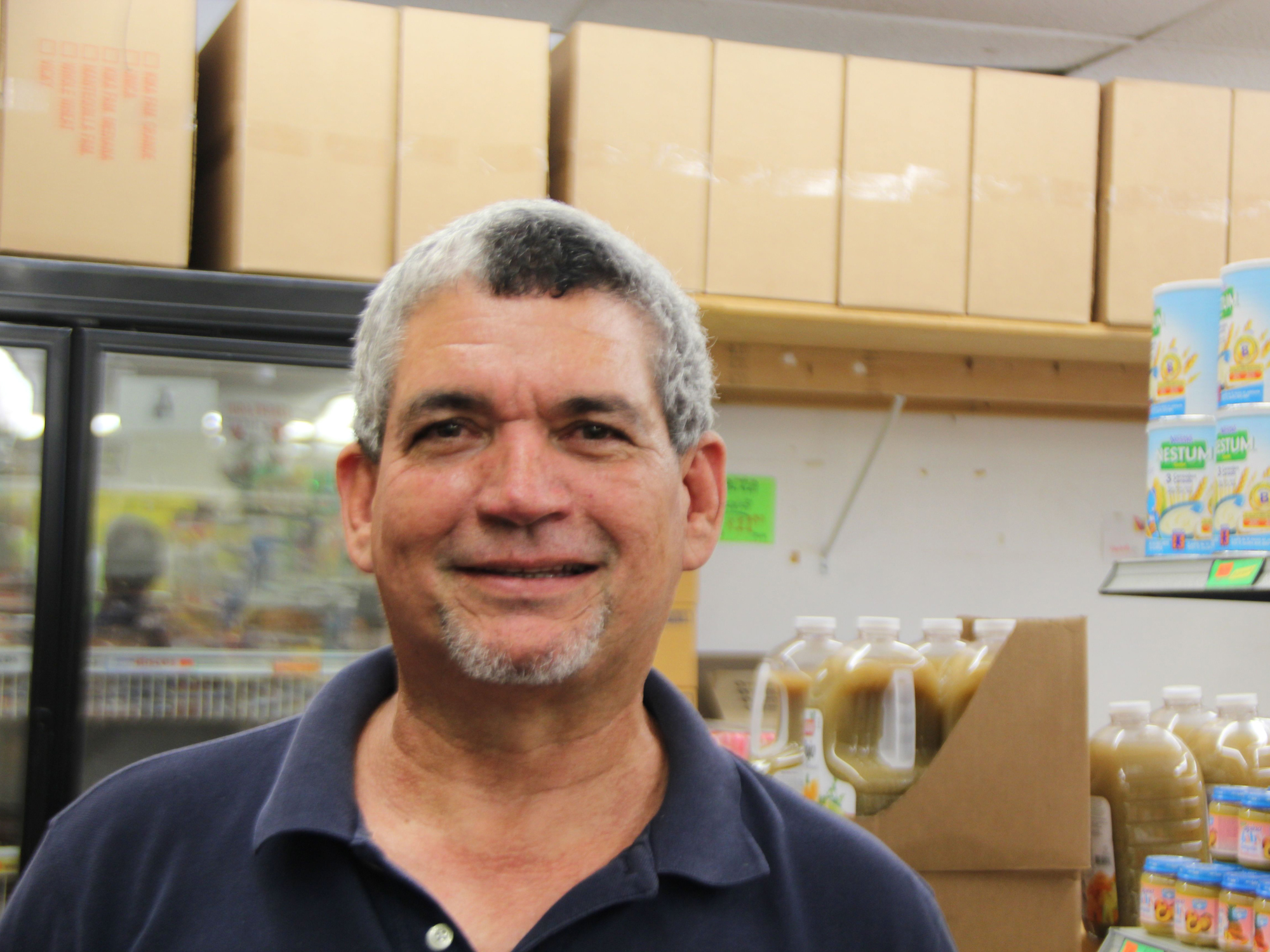NOTE: The below story is about my uncle.
Domingo De Jesus Taveras has always loved to read and learn. As a young boy in Licey al Medio, a small pueblo in the Santiago province of the Dominican Republic, Taveras wasn’t exposed to libraries. There weren’t any in his town.
“The books I did read were borrowed or from school — school textbooks,” the 57-year-old recalled.
Taveras was 7 years old when he began school.
“The basics — the colors and small things that you learn in the first years of life, I learned at 7,” he said. “It’s ridiculous… now, times have changed in the Dominican Republic. There are schools for children a year old and up.”
Taveras said he loved school because he was able to engage with other students. In the beginning, he said teachers were an inspiration. He added he never dreamed of becoming a teacher, but he would have liked it.
“Never in my country had there been this incentive, this importance… that going to school and learning was needed,” he said.
According to Taveras, his parents didn’t stress education. If you were poor, he said, your parents didn’t push you in that direction. Perhaps it was because of the high costs, he said, or parents wanted to have their kids wait for the system, which dictated children begin school at 7.
Instead, Taveras remembered toiling in his father’s finca — his land. He helped grow plantains, yuca, and more.
(LISTEN: Taveras speaks in Spanish about why he loved school in the below audio clip)
“For my parents, education wasn’t important. Papa would say that, at seventh grade, one was sufficiently educated to leave school,” he said. “Nave, my mother, was the one who worried a bit more. I’m the product of an illiterate person — my father didn’t know how to read or write.”
When letters arrived at the house, Taveras would read them to his father.
Years later when he came to the United States, Taveras enrolled in Eugenio María de Hostos Community College, located in the Bronx, New York. He commuted from Brooklyn and would later graduate with a Bachelor’s Degree in Liberal Arts from Brooklyn College.
Taveras reads a lot now. He enjoys books on Dominican history and the legal sciences.
“If given the opportunity, I would like to return to school and study that,” he said.
(LISTEN: Taveras shares his definition of bilingualism in the below audio clip)
At Orlando Latin Market, where Taveras works, he said he’s helped many Cubans who have recently arrived to the U.S. He’s helped them with legal paperwork and passport applications. Taveras has also helped some obtain medical benefits.
Asked how it makes him feel to help others in this way, Taveras smiled.
“Very good. I’m pleased. A lot of people ask me why I don’t charge,” he said, “but the greatest satisfaction is helping the next person and not charge for it.”
